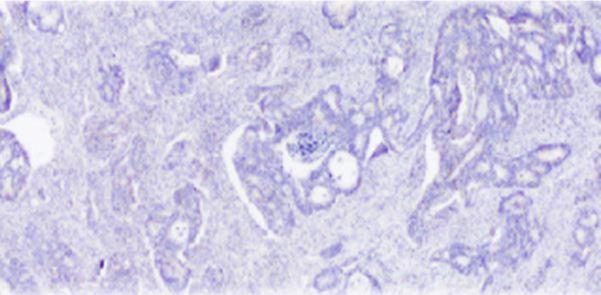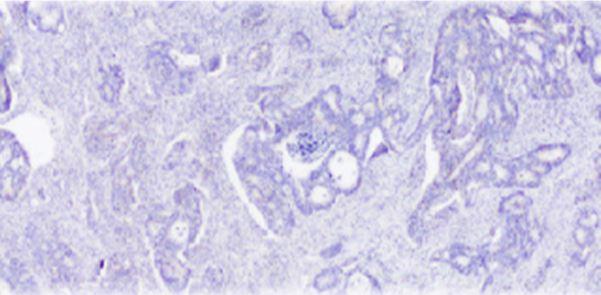
A new study led by Dr. Manel Esteller, Director of the Epigenetics and Cancer Biology Program (PEBC) of Bellvitge Biomedical Research Institute (IDIBELL), ICREA researcher and Professor of Genetics at University of Barcelona (UB) discovers that colorectal tumors present epigenetic heterogeneity that relates to the clinical course of the disease. The paper describing this finding has been published in the journal Gastroenterology, the most prestigious in the field of digestive diseases and official organ of the American Society of Gastroenterology.
Human tumors are prepared to grow at an exponential rate within the patient, which means they also have the ability to adapt and survive environmental changes such as the administration of chemotherapy or radiotherapy. Part of this ability is believed to be due to the existence of various types of cancer cells within a tumor: this concept is known as heterogeneity.
In this sense, the first studies on the subject were finding the existence of some different genetic lesions at the intratumoral level. However, it was unknown whether epigenetic changes, ie, changes in the activity of genes, which are much more dynamic, could also be heterogeneous.
“In patients with colorectal cancer, we determined the epigenome of three regions of each individual tumor. The area looking at the beginning of the digestive tract, central and growing into the blood vessels results demonstrate the existence of intratumoral heterogeneity , which means that each region has differences” explains Dr. Manel Esteller.”The more epigenetically different region is the invasive front, the area that interacts with adjacent normal tissues. We have also seen that the intratumoral region most similar to metastatic stages is the oldest of the tumor, which suggests spreading even in apparently early stages”.
Intratumoral heterogeneity at the epigenetic level can also have predictive applications, Dr Esteller adds: “Furthermore, data show that the more similar the three regions are, themore aggressive the tumor is, just as if the cell population with more proliferation capacity had already been selected. Measurements of the level of molecular heterogeneity of tumors could then be used as predictors of their prognosis and potential to acquire resistance to therapies.”
###
Media Contact
Gemma Fornons
[email protected]
34-638-685-074
@idibell_en
The post Not all tumor cells are equal appeared first on Scienmag.





